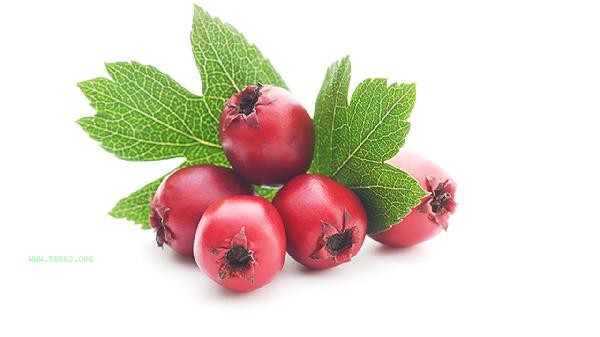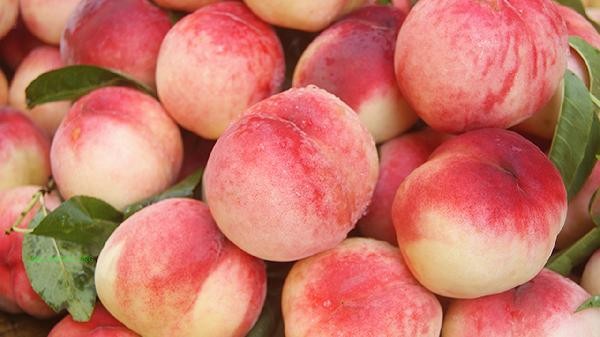Rotten fruits are usually recommended to be discarded directly and are not edible or processed. After fruit rots, it may produce mycotoxins. The main methods of disposal include avoiding ingestion, sorting and discarding, composting, preventing contamination of other foods, and strengthening storage management.

1. Avoid accidental ingestion
Rotten fruits may still retain toxins even after removing moldy parts, and high-temperature resistant substances such as aflatoxins cannot be eliminated through cooking. Ingestion may cause gastrointestinal discomfort, liver damage, and people with weakened immune systems may experience more severe food poisoning reactions. When the fruit is partially moldy, the fungal hyphae may have spread throughout the entire fruit and cannot be fully distinguished by the naked eye.
2. classification and Disposal
When disposing of rotten fruits at home, they should be individually bagged and sealed to avoid juice contamination of the trash can. Community waste sorting areas require the use of kitchen waste bins, as mixed waste may breed mosquitoes and insects. Commercial premises need to contact professional waste recycling agencies, as large quantities of rotten fruits may require special treatment to prevent environmental pollution.
3. Composting can be made from non moldy fruit peels and pits, which need to be mixed with plant ash to adjust the acidity and alkalinity. Completely rotten fruits may contain pathogenic bacteria, making it difficult for household compost to meet sterilization temperature requirements. Professional composting plants use high-temperature fermentation technology, which can effectively decompose organic matter and kill pathogens.
4. Preventing Pollution

Fruits stored in the refrigerator should be checked regularly, as a single rotten fruit can release ethylene and accelerate the deterioration of surrounding fruits. Fruits that are bumped during transportation should be consumed first, as damaged areas are more prone to bacterial growth. Supermarket displays should promptly clean up spoiled goods to avoid disputes caused by customers' mistaken purchases.
5. Storage Management
Different fruits need to be stored under different conditions, and berries should be refrigerated and not cleaned before storage. Tropical fruits such as bananas stored at low temperatures can accelerate decay and should be hung in a well ventilated and cool place. Ethylene sensitive fruits such as apples should be stored separately to avoid contact with other fruits.
When purchasing fruits in daily life, attention should be paid to observing whether the fruit stem is fresh and whether there are any concave spots on the skin. Buying in small quantities multiple times can reduce storage pressure. Merchants should establish a first in, first out inventory management system and regularly check whether the temperature of the freezer meets the standards. If fruits are found to be rotten, they should be isolated and treated in a timely manner. After coming into contact with rotten fruits, hands and containers should be thoroughly cleaned to avoid cross contamination. For fruits that have been lightly damaged but have not yet rotted, it is recommended to consume or process them into products such as fruit sauce as soon as possible.









Comments (0)
Leave a Comment
No comments yet
Be the first to share your thoughts!